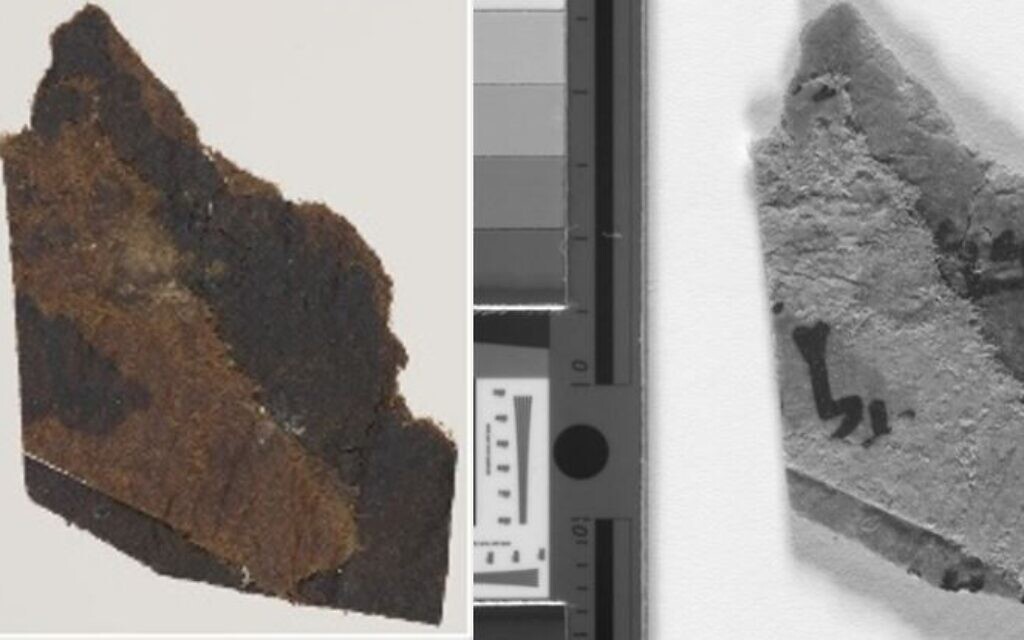
18 describes the scene where Jehovah tells Abraham and Sarah of His plans to give them a son. In Gen. 5:24, I Kings 14:6 and II Kings 6:32) of the Lord God walking in the garden in the cool of the day…”. Adam and Eve heard the footsteps of God walking in the Garden of Eden. They could not have heard His footsteps, if He was not in bodily form, i.e. 3:8 we read, “And they (Adam and Eve) heard the voice (should be translated “footsteps” as in II Sam. Let us continue for now with the Scriptural evidence showing that Jehovah took on a bodily form in the Old Testament. In Gen. Therefore, I am suggesting that Jesus Christ is Jehovah in bodily form. And since man was created to look like God, God obviously must have taken on a bodily form, otherwise He could not have created man to look like Himself. When we read of Adam’s son being born in “his own likeness after his image” we understand that Adam’s son looked like Adam. So also, when God created man in His likeness after His image, we must understand that God created Man to look like Himself. Any other interpretation is without Scriptural basis.īut God is spirit. 5:3 where we read the same phrase, “And Adam lived an hundred and thirty years, and begat a son in his own likeness after his image….”. To correctly understand what is meant by the phrase “in Our image, after Our likeness” let us turn to Gen. We read of Jehovah/Christ in Genesis 1:26, “And God said, ‘Let us make man in Our image, after Our likeness….”. Jesus Christ was in bodily form in the Old Testament and took on human form when He was born of Mary at the beginning of the New Testament. It is only the context that will tell us whether the word is used of God or of man.īefore we look at two passages which, in my opinion, do indeed use “ Adoni” in reference to God, we must understand that Christ is Jehovah of the Old Testament (please see the paper on this web-site Jesus Christ Is Both Jehovah And The Manifestation Of Jehovah)and at times He appeared to man in His bodily form. Again, the meaning of “ adoni” is “my lord” the interpretation is determined by the context. So too, when considering “ adoni” we must not confuse the meaning of the word with the interpretation. My point is this: the meaning of “ theos” is “god”, the interpretation as to whether it is used of God or man is determined by the context. It is clear that in this occurrence “theos” is used in reference to man.

10:34, “Jesus answered them and said, ‘Is it not written in your law, ‘I said, ‘Ye are gods’” (Gr. But in the 246 th occurrence, it is of man.

What is of particular interest in this study is that the first 245 times “ theos” is used, it is used of God. Let us consider the Greek word “ theos” translated “God” in relation to the argument stated above. Again, the meaning of “adoni” is “my lord”, the interpretation must be taken from the context, and it is the context that will determine whether it is used in reference to God or to man. In short, we must not, as too many do, confuse meaning with interpretation. The context will reveal to whom the word refers, i.e. To begin, as the reader will see in this paper, that argument is not true, but let us consider that argument more thoroughly.Īs stated above, the meaning of the word “adoni” is “my lord”, and the word itself does not mean “God” nor does it mean “man”. The main argument suggested by those who deny the deity of Christ in regard to “a doni” is that the word is “always” used of man. Because the meaning of any word is determined by usage, and because “ adoni” is almost always translated “my lord” we know that “ adoni” means “my lord”. And the NIV Hebrew English Interlinear has “my lord”. But in the NIV Hebrew English Interlinear it is “sir of me”, i.e. 43:20 where it is translated “O sir” and II Kings 6:5 where it is translated “Alas master”. The two verses where it does not appear that way in the KJV are Gen. “Adonai: and the root “Adon”) never includes the pronoun “my”.


The translation of the related words (i.e. In every occurrence but two “adoni” is translated with the pronoun “my”. Before we get into our study of “adoni” may I say that the paper on this web-site called A Study Of Psalm 110:1 I shows from the seven times that this verse is quoted in the New Testament that it is used to prove that Christ is God, and that it is also used to prove that He is Man. There is, of course, no contradiction here because Christ is both God and Man. If “adoni” never refers to God then that suggests, according to some, that the Messiah, Christ is not God. That is to say, “Jehovah said unto” Messiah, Christ Who in this verse is referred to as “Adoni”. 110:1 reads “Jehovah said unto Adoni, ….”. They each say, in effect, that “adoni” is never used in reference to God. I have in front of me quotes from four different Bible Dictionaries and Encyclopedias.


 0 kommentar(er)
0 kommentar(er)
